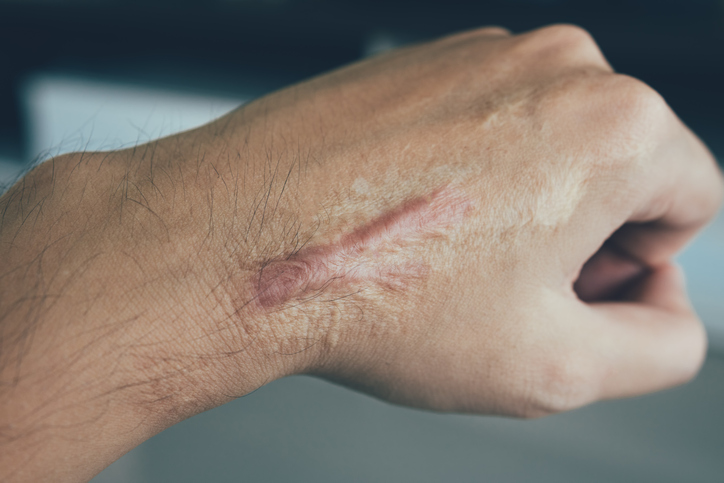
Scar Wars: A Guide to Battling Blemishes and Marks
While all scars are a natural part of the healing process, some may be more visually unappealing than others, leading to a desire for their removal or improvement.
Dr Michael Rich is a specialist dermatologist who has been performing tumescent liposuction for over 30 years. Find out if Liposuction is suitable for you at ENRICH Clinic.
At ENRICH Clinic, we have a wide range of dermatological and cosmetic body treatments tailored to individual body and patient needs.
At ENRICH Clinic, our treatments are performed by our medical team consisting of doctors, nurses, and dermatologists and are tailored to each patient’s skin health needs.
ENRICH Clinic is committed to your skin health and well-being with a range of dermatological & cosmetic treatments tailored to the individual. Our treatments are performed by our medical team consisting of doctors, nurses, and dermatologists.
Skin health is essential for everyone. ENRICH Clinic has a wide range of technologies and dermatological solutions to help you achieve your skin care goals.
Not sure if the bumps on your face are hormonal acne or not? You’ve come to the right place. You might have seen the terms cystic acne, nodular acne, hormonal acne or even adult acne being thrown around, so it’s normal to be confused.
To clear up [no pun intended] any confusion, let’s start by defining acne.
Acne is a skin condition that occurs when tiny pores on the skin become clogged with dead skin cells, oil and bacteria, resulting in an overgrowth of bacteria that can cause inflammation and lesions. The lesions can range from whiteheads and blackheads to large, red cysts or nodules.
It is a common skin condition that affects most of us at some point in our life. According to the Skin Health Institute, around 85% of adolescents and young adults aged between 15 and 24 are affected by acne. And it can persist until we’re in our 40s.
Some terms you may encounter are adult acne, hormonal acne, common acne, etc. You’ll find our brief definitions of these below.
Hormonal acne, often referred to as adult acne or adolescent acne, is caused by an imbalance of hormones, often due to puberty,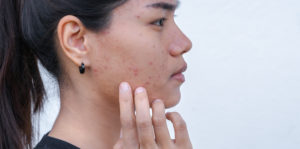 hormonal changes during menstrual cycles, pregnancy, or menopause. In adults usually occurs more frequently around the chin and jawline area.
hormonal changes during menstrual cycles, pregnancy, or menopause. In adults usually occurs more frequently around the chin and jawline area.
Here’s the first trick in understanding acne–all acne is hormonal!
The terms cystic acne and nodular acne are basically descriptions of the bumps you see on your face.
To know if it’s acne you are dealing , look for these signs:
Females tend to have two acne phases: adolescent acne and late acne. Increased androgen hormones cause adolescent acne during puberty. At this period, the adrenal glands and ovaries begin to produce androgens, including dehydroepiandrosterone (DHEA) and testosterone. These hormones contribute to the growth of pubic and underarm hair and the development of breast tissue.
Late acne (i.e. adult acne) is caused by a drop in estrogen levels at certain times of the month, such as ovulation and during pre-menstrual syndrome. So it is associated with hormonal changes due to the menstrual cycle, pregnancy or menopause. But at times, it can also persist beyond menopause.
Hormonal acne can be active at any time but usually worse during premenstrual and post-menopause. This is because hormonal changes–an overproduction of androgens or a drop in estrogen–during these times of the month can cause an increase in sebum production, leading to breakouts.
Yes, but it can come back. Your bumps and pimples may go away for some time, but if the underlying hormonal imbalance is not treated, the acne will likely flare up again and cause permanent scarring.
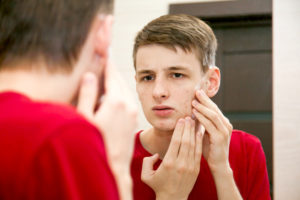
Yes, men can suffer from hormonal acne too. In fact, 85% of men, who are primarily between 12 and 25, suffer from hormonal acne. This can be due to an imbalance of testosterone levels and other hormones such as cortisol. But, unlike in women, there’s no cyclic variation.
The best way to treat hormonal acne is by addressing and correcting the underlying hormonal imbalance. But because some treatment methods are unsuitable for certain people, we highly recommend consulting a dermatologist before trying any acne treatment.
Our doctors will also recommend lifestyle changes, such as getting more sleep, reducing stress and eating a healthy diet.
Watch out for certain triggers like harsh skincare products and environmental pollutants. To avoid making things worse, try to stay away from thick moisturisers, as they can aggravate breakouts. Avoid smog and dust because they can also cause acne flare-ups. And, if you tend to sweat a lot, be mindful that this can clog your pores and provide a breeding ground for bacteria that leads to breakouts.
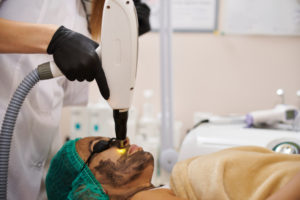 In cases where the acne is severe, our dermatologists will prescribe medications. Both oral contraceptives and spironolactone help regulate hormones. Contraceptives can help reduce testosterone levels and other hormones that cause acne. Spironolactone is a diuretic typically used to treat high blood pressure, but it can also help reduce sebum production and the formation of acne.
In cases where the acne is severe, our dermatologists will prescribe medications. Both oral contraceptives and spironolactone help regulate hormones. Contraceptives can help reduce testosterone levels and other hormones that cause acne. Spironolactone is a diuretic typically used to treat high blood pressure, but it can also help reduce sebum production and the formation of acne.
Certain topical treatments can also reduce sebum production and help unclog pores, such as retinoids, benzoyl peroxide, salicylic acid, and tea tree oil. Other options are antibiotics and antibacterial cleansers to reduce inflammation.
For scarring, we recommend getting microdermabrasion, laser treatments or our scar treatment program again, all under the guidance of a dermatologist.
Hormonal acne can be difficult to manage but not impossible. With proper care, treatment and guidance from a skin specialist, you can get your skin back to normal.
The key is to take steps to address the underlying hormonal imbalance and keep breakouts under control. With the right treatment plan and lifestyle changes, you can return your skin to its best.
Contact us today to book a consultation with one of our dermatologists and find out how we can help.
*With all surgeries or procedures, there are risks. Consult your physician (GP) before undertaking any surgical or cosmetic procedure. Please read the consent forms carefully and be informed about every aspect of your treatment. Surgeries such as liposuction have a mandatory seven-day cooling-off period to give patients adequate time to be sure of their surgery choice. Results may also vary from person to person due to many factors, including the individual’s genetics, diet and exercise. Before and after photos are only relevant to the patient in the photo and do not necessarily reflect the results other patients may experience. Ask questions. Our team of dermatologists, doctors and nurses are here to help you with any of your queries. This page is not advice and is intended to be informational only. We endeavour to keep all our information up to date; however, this site is intended as a guide and not a definitive information portal or in any way constitutes medical advice.
"*" indicates required fields
Combining Dr Rich’s dermatological skill with his knowledge of restorative skin regimes and treatments, the ENRICH range is formulated to help maintain and complement your skin. Our signature Vitamin C Day & Night creams are now joined by a Vit A, B,&C Serum and a B5 Hyaluronic Gel, both with hydration properties and much, much more.

While all scars are a natural part of the healing process, some may be more visually unappealing than others, leading to a desire for their removal or improvement.
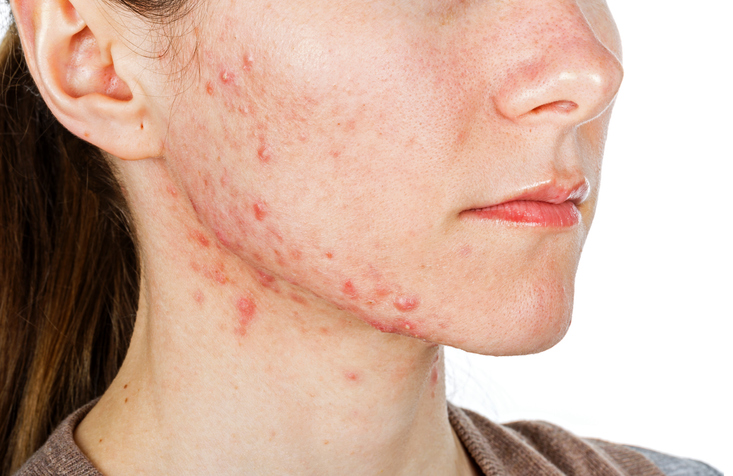
You’re having flare-ups, but you think you’re too old to have acne. Or are you? We distinguish between the myths and the facts and explain adult acne in detail and provide some useful tips on how to treat adult acne.
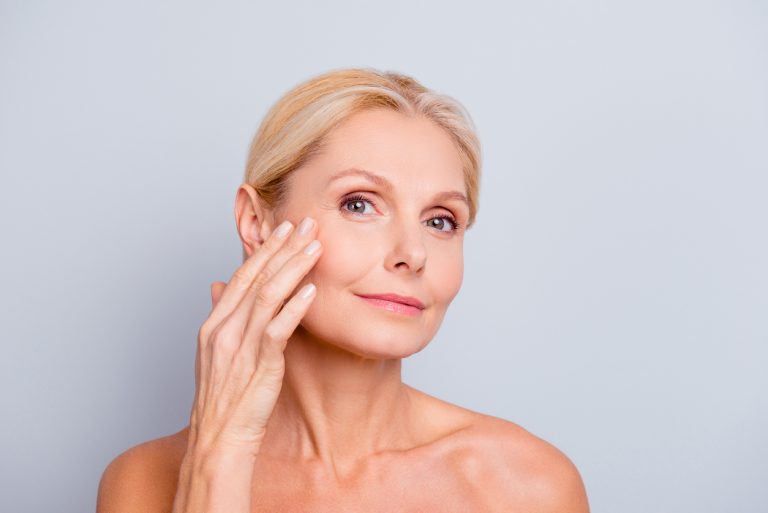
Menopause is a process that will happen to all women at some point in their life. It is the time when you stop experiencing your monthly period, and it is most often the end of the reproductive lifecycle.
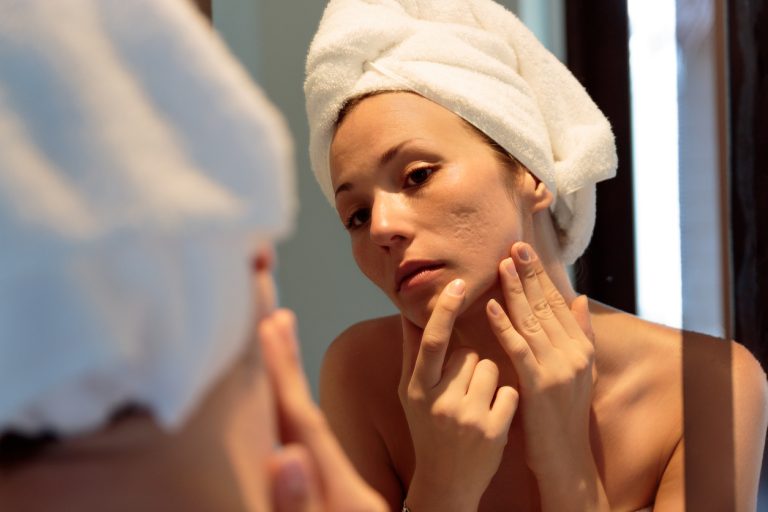
We treat all types of scarring using a variety of effective treatments, depending on the type of scar.
Subscribe to the ENRICH newsletter and receive latest news & updates from our team.
Enrich Clinic acknowledges the Traditional Lands of the Wurundjeri Woi Wurrung and Bunurong peoples of the East Kulin Nations on which we work and trade. We pay respect to their Elders past, present and emerging. We extend our acknowledgement and respect to the LGBTQIA+ community who we welcome and support. Read our full Acknowledgement Statement here
